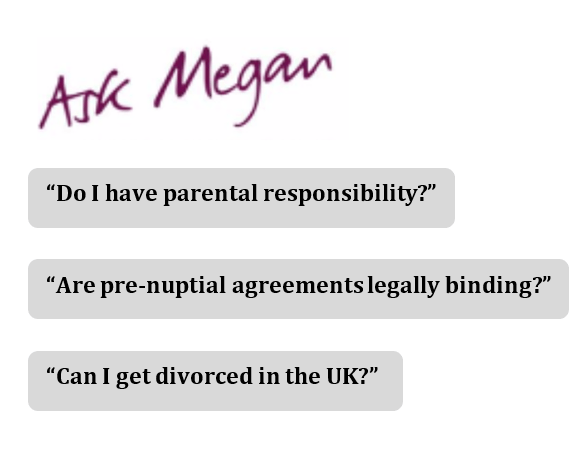
I don’t know about you, but with my pension I’m very much ‘out of sight out of mind’. My employer deducts a chunk of my salary at source and pays it into a fund and I don’t have to worry about carrying out transactions or making decisions. For that reason, when I think about what my assets are, I usually forget all about it. Lots of our clients are the same. After bricks and mortar property, for most people their pension will be their biggest asset so it’s vital that their pension is taken into account in a financial settlement upon divorce and protected as far as possible.
One of the key mistakes people make in relation to pensions is thinking about the value now and not the value in the future. What clients often do is they think about security now (generally in the form of somewhere to live) and trade it off for security in the future (in the form of an income). Here is an example:
Jo and Alex are trying to agree finances after their split. Jo has a pension of £100,000 and both Alex and Jo are joint owners of a flat worth £100,000. Alex has a pension of £10,000. Rather than put the flat up for sale and split the proceeds and have Jo transfer a chunk of pension to Alex, the couple decides that the flat will be transferred into Alex’s name and Jo keeps her pension. So far, so neat.
This might sound like a great arrangement: Jo has an asset worth £100,000, Alex has an asset worth £100,000. Property prices can and do go up in value but not in the same way as a pension does and usually not as much. Plus, when you cash in a pension you generally receive a lump sum then an income. If you have a property, you have somewhere to live but it does not generally generate an income and would have to be sold to release a lump sum.
The way a pension works, the money in the fund is used to purchase an annuity which pays out regularly to someone when they retire. Jo’s pension will keep building and building as long as she keeps paying in: the money she pays in is spread across many months, will likely be supplemented by employer contributions and has tax advantages. Meanwhile, Alex’s flat might have increased in value but not as much as Jo’s pension. When Alex retires, if she wants to purchase an annuity to give her the same or similar income to Jo, she might need three times as much to achieve the same income. Will the flat have tripled in value to allow this? Unlikely. Has she been receiving a tax break on the money she’s put into the flat? No.
That’s why it’s so important to protect as much of your pension as you can – or if you don’t have a good pension, to see if you could be entitled to a chunk of your spouse’s – they’re a tax efficient way to build up security for the future slowly and in a way that (hopefully) grows without you having to do very much at all.
Pensions aren’t the simplest topic and it’s never an easy task to balance up priorities now with those you may have in the future. That’s why it is absolutely vital that you get good legal advice in relation to pensions and divorce. A bad decision now could have consequences decades and decades into the future. We work closely with independent financial advisers and pension specialists to make sure our clients strike the right deal for them now and when they reach retirement. If you’d like some advice in this area, or any other area of family law, you can call us on 020 7100 6100 to make an appointment or email info@grayfords.co.uk.
This article was written by Megan Bennie and Sarah Arifi.

